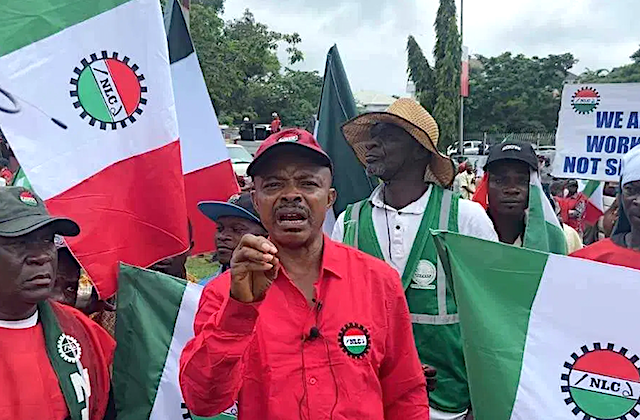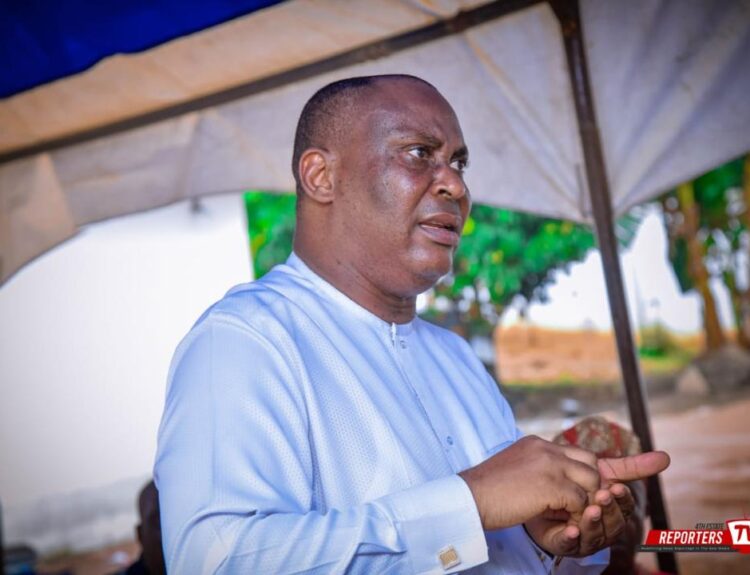The Nigeria Labour Congress (NLC) has thrown its weight behind Imo State’s bold decision to raise the minimum wage to ₦104,000, urging the Federal Government and other states to follow suit without delay.
Speaking in Abuja at the 7th National Quadrennial Delegates Conference of the National Union of Civil Engineering Construction, Furniture and Wood Workers (NUCECFWW) on Thursday, NLC President Joe Ajaero described Governor Hope Uzodinma’s move as “historic, commendable and worthy of emulation.”
According to Ajaero, the wage hike proves that states have the capacity to do more for workers despite tight revenue. “Imo State is not the richest, yet it has set a new benchmark. That shows others can and must rise to the challenge,” he declared.
The labour leader explained that during negotiations with the Federal Government earlier in the year, the excuse was that Abuja could not push the wage too high for fear of destabilising state finances. Imo’s decision, he argued, has now demolished that defence. “If a state with average revenue can pay ₦104,000, what excuse do Lagos, Rivers, or the oil-producing states have?” he asked pointedly.
Ajaero warned that waiting another three years for the statutory wage review would be disastrous given soaring inflation, skyrocketing rent, transport fares, food prices, and utility costs. He insisted that wage adjustments must now become proactive rather than reactive.
Beyond wages, the NLC boss also raised alarm over alleged diversion of 40% of workers’ contributions in the Nigeria Social Insurance Trust Fund (NSITF), warning against a looming plan by government to amend the Act and assume greater control over funds that belong to workers. “We demand accountability and restitution. These funds are workers’ sweat and must not be hijacked,” he stressed.
On his part, NUCECFWW President Stephen Okoro lamented widespread unfair labour practices in the construction sector, including casualisation and poor occupational health standards. He vowed that the union would intensify its fight for decent work, insisting: “Injury to one is injury to all.”
Labour watchers say the Imo wage move could trigger a domino effect across states, potentially forcing a new national wage consensus. For millions of Nigerian workers struggling to survive, the pressure is now squarely on governors and the Federal Government to prove they value their workforce beyond rhetoric.






